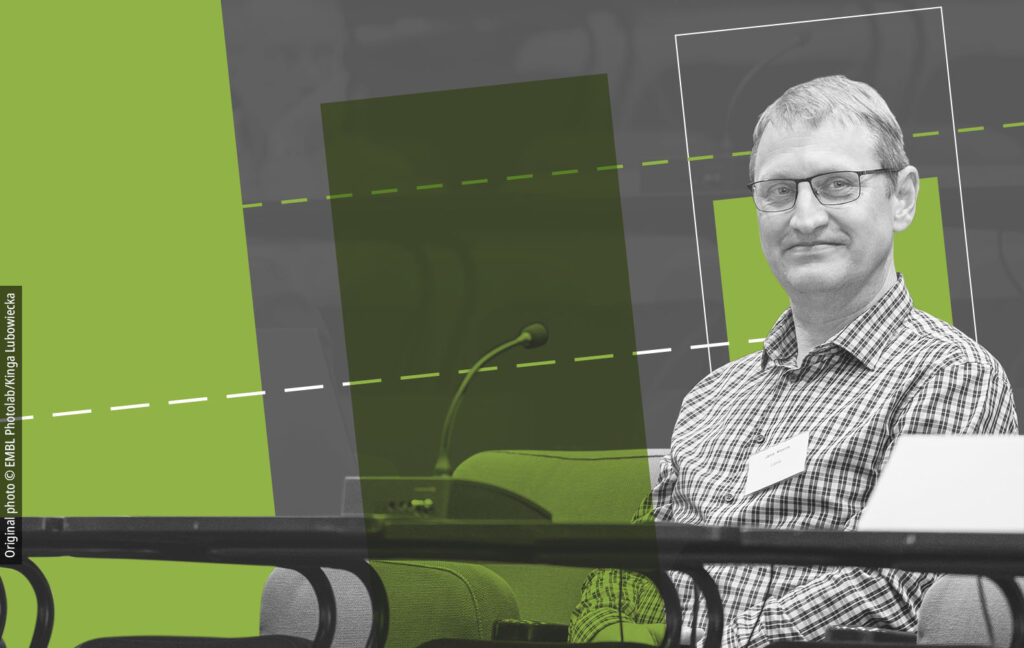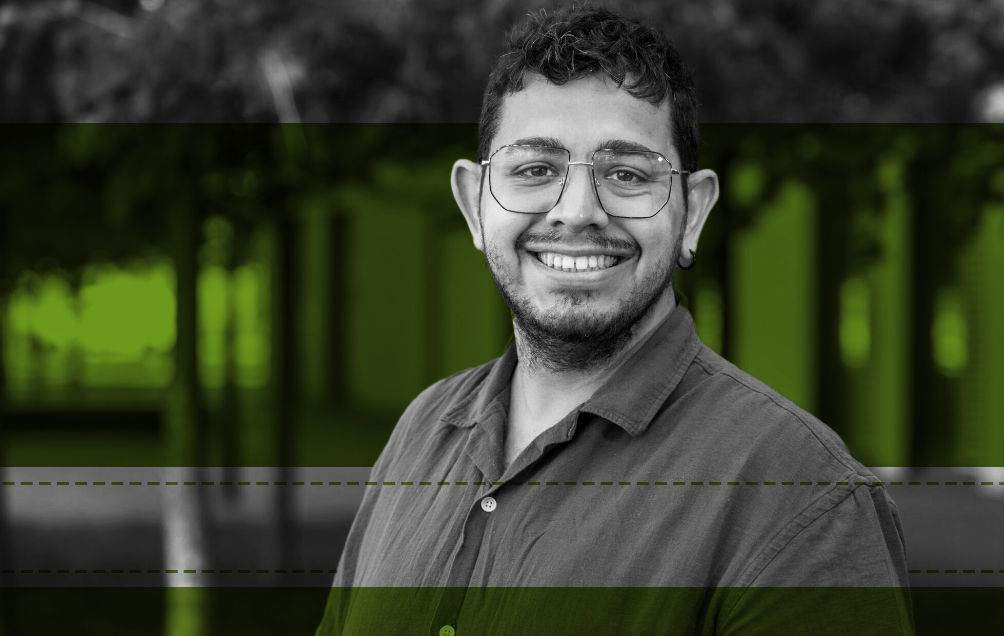17 November 2023 – For Jānis Kloviņš, Latvia’s new EMBC Scientific Delegate, the most productive times tend to come when his team have stepped away from their computers, microscopes and sequencers, and convene to discuss their findings. “Our group covers several areas of translational medicine, with a particular focus on processes affected by the microbiome,” says Kloviņš, who is Head of the Scientific Council of the Latvian Biomedical Research and Study Centre, based in Riga. “Microbiome research is incredibly dynamic and discussions amongst our group and other specialists have led our research in inspirational new directions.”
One example is the Latvian Microbiome Project, a citizen science initiative conceived by Kloviņš’s team that encourages people to donate samples and information with the aim of better understanding how diet and lifestyle affect the microbiomes of Latvia’s population. “The human microbiome is very complex, and the best way to gain insights is by studying large cohorts of people,” says Kloviņš. “At the same time, the initiative encourages people to take interest in their own health, highlighting the importance of medical research in terms of disease prevention, as well as developing treatments.”
Another is the ongoing growth of the National Biobank Genome Database of the Latvian population, an initiative that Kloviņš was asked to grow in the early 2000s together with the proponent of this genomics initiative, Elmārs Grēns. “The Latvian biobank provides an important resource for developing preventative approaches: one area we are looking at is how cohorts with type-2 diabetes went on to develop this disease,” he explains. “Another is spotting genetic influences for health and disease in people following specific diets.”
In 2001, Kloviņš spent three months on an EMBO Scientific Exchange Grant at Uppsala University, Sweden, using structural biology approaches to explore how G protein-coupled receptors function and are activated at the molecular level. “My fellowship was an incredible opportunity to learn from and contribute to international research projects,” he says. “It’s exciting to see Latvia become a full EMBC Member State, allowing researchers based in the country to benefit from the full suite of EMBO Programmes and contribute even more to the international life science research ecosystem. I very much look forward to welcoming more visitors to Latvia, a small yet beautiful country that has something for everyone.”



